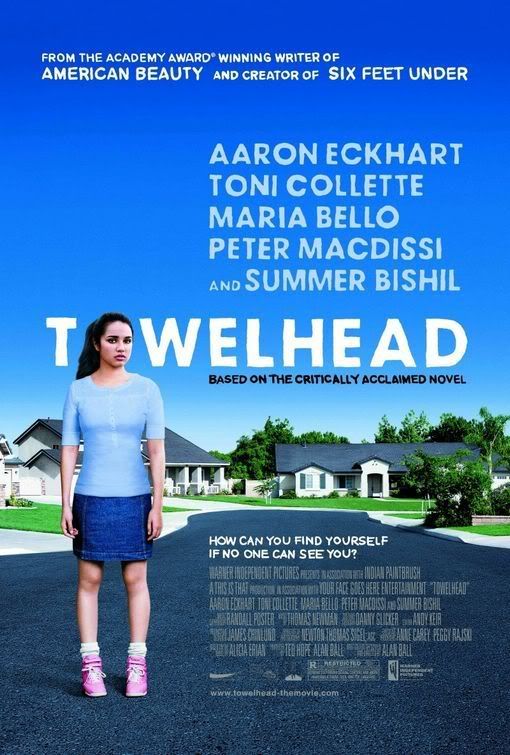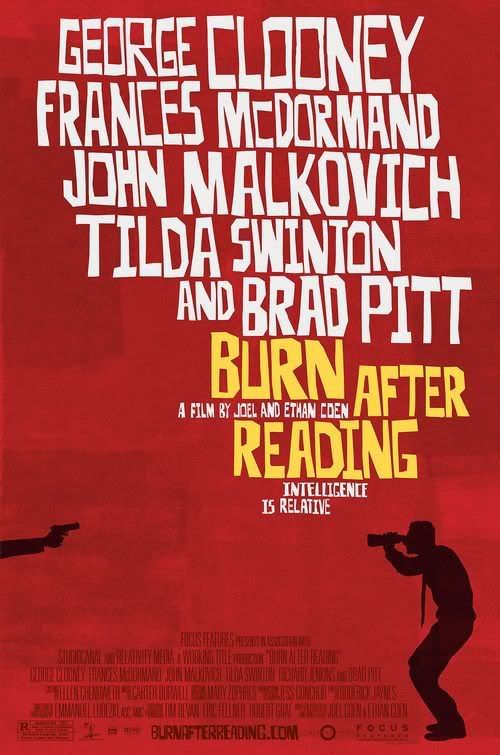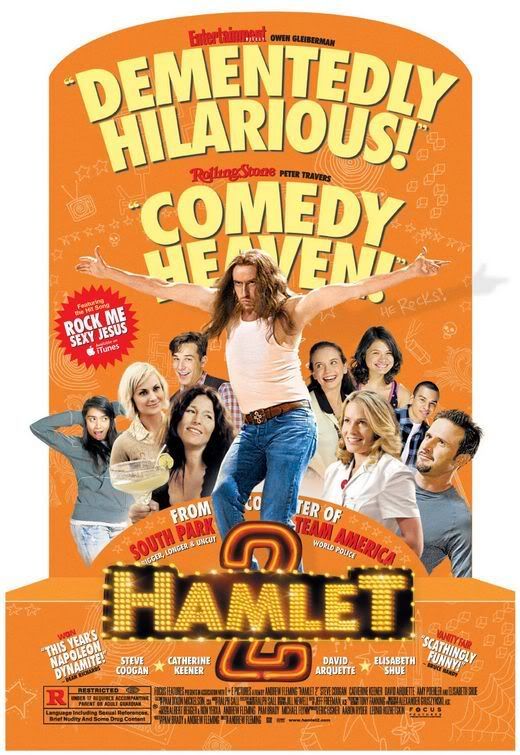 Alan Ball is one of those writers whom when mentioned one either shakes their head in disgust at his work, or finds him to be a complete genius. And then of course there are those that have no idea who he is, but those need not be mentioned. Simply put, they don't know what they're missing. Hopefully you know what a daring, lurid, and interesting writer Alan Ball is. He blew me away with his writing debut in 1999 with "American Beauty," and I really enjoyed his television show "Six Feet Under" earlier in the decade. Of course when I learned that he was not only writing a new film, but also making his directing debut, my interest was at its peak. And of course when this film was premiering at the 2007 Toronto Film Festival, which I was in attendance, I wanted to do everything that I could to get a ticket for it.
Alan Ball is one of those writers whom when mentioned one either shakes their head in disgust at his work, or finds him to be a complete genius. And then of course there are those that have no idea who he is, but those need not be mentioned. Simply put, they don't know what they're missing. Hopefully you know what a daring, lurid, and interesting writer Alan Ball is. He blew me away with his writing debut in 1999 with "American Beauty," and I really enjoyed his television show "Six Feet Under" earlier in the decade. Of course when I learned that he was not only writing a new film, but also making his directing debut, my interest was at its peak. And of course when this film was premiering at the 2007 Toronto Film Festival, which I was in attendance, I wanted to do everything that I could to get a ticket for it.
Truthfully I haven't actually seen "Towelhead." I saw "Nothing Is Private," the film under its original (and in my opinion, better) title, about a year ago, and the very first cut version. I heard that nothing has been cut or changed except for the opening credit, and if that is truth than I can safely say that this is one of the best films of the year. Here we have a film of such raw emotion and extreme edginess, but never seeming like it is exploiting its main character for the sake of controversy.
Here our main character is Jasira (played by nineteen year old Summer Bishil, who warrants and Oscar nomination but probably won't receive one). Jasira, thirteen, lives with her distant mother (Maria Bello). When her mother's boyfriend ends up shaving Jasira in a moment of weakness (down there. . .), she sends her to live with her father Rifat. Ball revisits themes that he knows here, sending Jasira to suburbia, where privacy is something that is hardly practiced. Her father disapproves of almost everything, refusing to allow her to go out with Thomas-a good kid in Jasira's school, but Rifat doesn't like the fact that he is black. He does approve of Jasira babysitting Zack, a boy next door that introduces her to the word Towelhead, which he learned from his father Mr. Vuoso (played perfectly by Aaron Eckhart.) Mr. Vuoso is an Army reservist, and classifies Rafit as a lover for Saddaam and everything that he stood for. The only person that seems to actually care about Jasira, and to make sure that she is able to live her life, is her next door neighbor, the very kind and every pregnant Melina (Toni Collette). But Jasira's young adult life is soon shattered by her advanced looks, her very unprivate life, and her interest in sex that is beyond her years.
Ball has a knack for showing us scenes, images, and concepts that would make the average viewer get a bit uncomfortable in their seats. However these are things that actually happen in reality, and that actually advance the plot and enhance the characters instead of having the viewer feel like he is exploiting them. This very personal look into Jasira's life-the start of her periods, her losing her virginity, her discovering masturbation-are probably things that we wouldn't want to see, but just highlight the unprivate nature of the films major theme. I am quite upset at the title change, and still have a hard time adjusting to it. In crafting these characters, Ball does sometimes go back to the classic suburban formula, and giving most of his characters a few over the top qualities. But at the same time he gives them an odd humanity, grounding the film into a more realistic tone than one may think. For example, Jasira's father is a racist and somewhat cruel person, but from time to time he would show a different side to himself, if not for a mere second. And then he will literally unredeem himself a moment later. Such is life. Such are people.
I mentioned Summer Bishil's performance already, which is raw and very mature for such a young actress. She will be forgotten by the Academy at year's end, which is a shame. If Ellen Page can get nominated for a good performance in "Juno," than surely Summer Bishil can get nominated for a great performance here, but I say that quite sarcastically. Alongside older and very talented actors like Eckhart, Bello, and Collette, Summer Bishil really does hold her own. Aaron Eckhart is one of those actors that can drift from playing a lovable character to a downright nasty villain (as ironically seen in "The Dark Knight," which I hadn't seen when I saw this film.) As Mr. Vuoso, there is a small amount of humanity in him, and Eckhart really manages to subtly bring it out in him, but for the most part he is a creep of a man. It is their scenes together that really were the films highlights-giving us a great balance of extreme seediness and extreme innocence, where one clearly overpowers the other.
As for Ball's direction-I hardly have any quips about it. There is a certain feeling of dread when a good writer ends up doing a directing debut. There is a feeling that he might end up putting more effort into one aspect than another. That was the problem with Mike White's debut "Year of the Dog," where instead of a directing style he just put his characters in the center of the screen-very uninspired and not very creative. But Ball does a few neat touches. I think it was a good move that he revisited themes that he did in the past, because it gave him a chance to get used to the directing gears for future projects, where I hope he does things a bit differently storywise. "Towelhead" is certainly an impressive debut for Ball, and it's sure to be one of my favorite films of the year.
**** of ****





